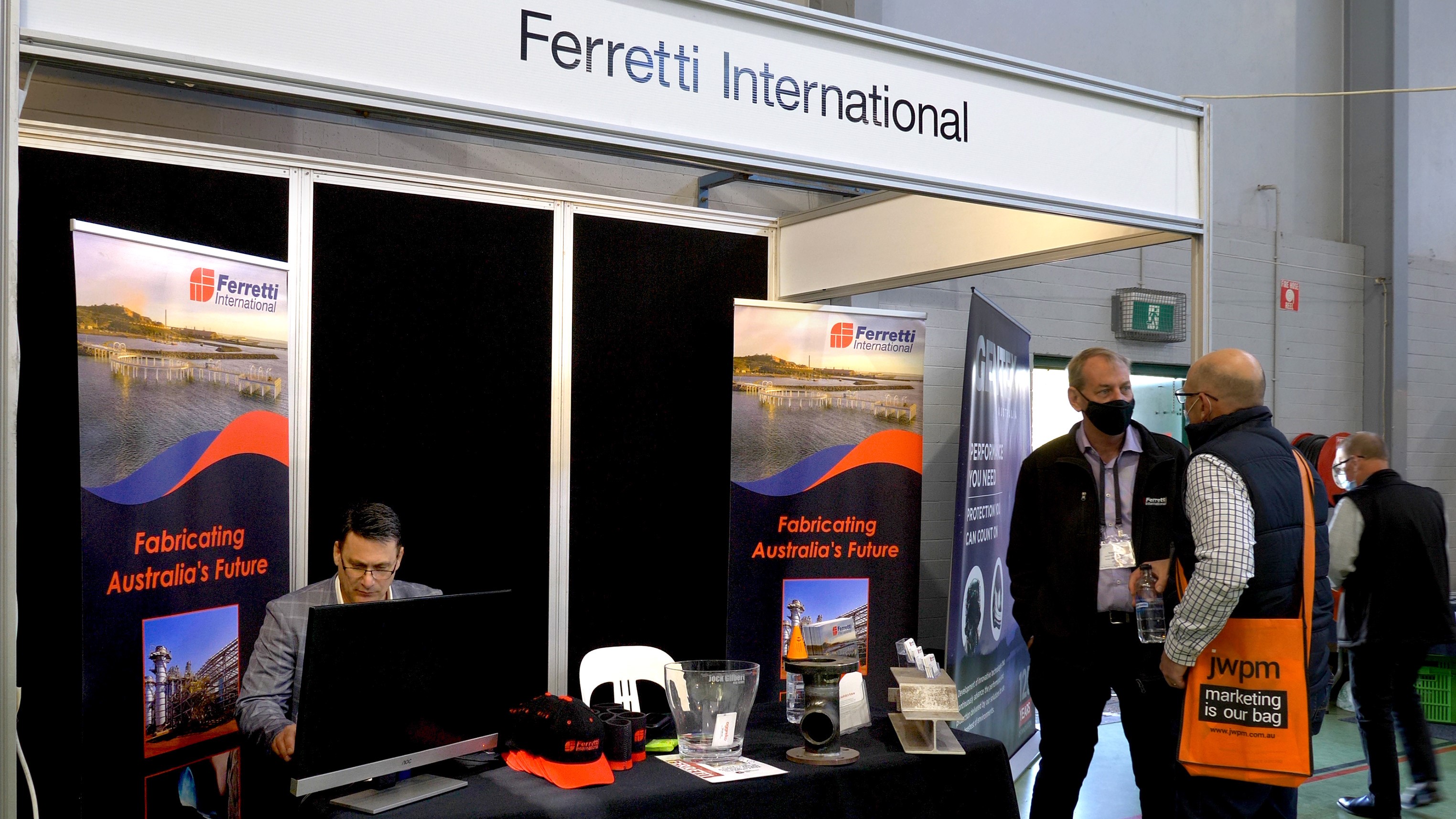JWPM Consulting
Engineering marketing
Marketing agency for the engineering disciplines
How do you sell engineering?
Engineering and Marketing seem to exist in two different worlds.
Engineering is about precision, practicality, physical processes, things that are real.
Marketing is like a vehicle where the steering wheel is loosely coupled to the front wheels. Sometimes you make a control input, and nothing happens, sometimes you get an abrupt change in direction.
The problem is marketing is about people.
The customer makes the decision to buy your services, your competitor's services, or to buy nothing at all. Marketing is an attempt to influence that decision.
Ok – these realities exist, but what clues does that give us about how to promote your business to drive more project enquiry that ultimately may lead to growth in your business?
The Seven Rules of Engineering Marketing







1 - Be seen and be understood
You might have the best engineering practice, but if few people know that you exist then new business enquiry will be low, and when evaluating your tender submission buyers will be asking "who are these guys?"
You need to be VISIBLE in the market and that means having clear memorable branding, a strong online presence, and engage in other awareness building activities like having a booth at trade shows (see Are Trade Shows Worth It).
It's also important to be CLEAR about what you offer. Engineering covers a wide range of industry domains and specializations. To be remembered people need to understand where you fit.
2 - It's a seduction not an assault
Forget the hard sell. Engineering services are not sold by glib sales people, or lead generators on the telephone, they are sold through genuine enquiry (they found you because you're visible) or through meeting people who have an engineering problem to be solved.
Engineering isn't a product off the shelf or like a car on a show room floor. What you provide is a product that doesn't yet exist - it needs to be designed, built, and installed. Selling engineering is the ultimate in trust, and hard selling doesn't build trust.
This is why professional sales people (sometimes called business development managers) from other domains find it difficult to "sell" engineering. Customers don't want to be sold - they want to talk about engineering; specifically their engineering problem.
3 - It's about relationships
The word "relationships" is a bit touchy-feely and can make a grown engineer a bit uncomfortable. Relax, we are just talking about the mutual professional respect and trust that develops during our working lives.
Before things are built and are shown to be working, there is a high degree of intangibility when seeking to engage an engineering firm. And during the life of the project there are likely to be some bumps in the road. These are times when a good working relationship is important.
And even before ever being engaged by a potential client, the getting to know you process, discussing potential projects, bidding and not being successful - these are all "touch points" toward developing that mutual respect and trust.
The more people who know you, respect you, and trust you - the more successful your engineering business will be.
4 - Business focus is important
Engineers are generally clever people, and like to exercise their brains. However, too often engineers take on “Vampire Projects” through being mesmerised by a new work opportunity and the lure of solving an interesting engineering challenge.
Straying too far from your field of expertise risks unforeseen technical problems and working in unfamiliar domains sometimes results in finding out what you don't know the hard way. The result is a Vampire Project that sucks the life out of your business.
It's difficult to gear-up and/or employ engineering talent that covers a broad range of engineering niches. Consequently, you will likely be un-competitive when bidding against firms that have a long suit in that type of work.
Find out more about this concept here what cycling teaches you about business.
5 - Track record is important
Part of business focus is developing demonstrated capacity and capability for delivering specific types of projects.
Customers don't want to hear how good you are, they want to see the evidence. And if the evidence is easily provided by pointing them to your website, capability statement, or through having a ready made library of case studies you can drop into tenders and proposals - you can reduce the amount of chest-beating needed in conversations.
Engineering is about trust and credibility.
6 - Talk about them not you
If you are in the door and face-to-face with a potential customer, then likely they have already checked out your website, maybe even done some asking around. You wouldn't be sitting face-to-face with them if they didn't think you were credible.
Point is, that part of the selling is done.
Not saying that you shouldn't provide specific answers to questions like "tell us a bit about your firm. What have you done, who are your clients?" but keep it short, sharp, and shiny. Volunteering information about your firm, your capability, and how good you are, is most likely to signal insecurity.
What they want to talk about is the problem they need solving, and what you want is to understand their requirement to qualify the opportunity and determine the next steps toward developing a proposal.
7 - The only selling needed is selling the appointment
There is an old sales saying "face-to-face wins the race."
As discussed above, if you can get in the door then most of the selling is over. And the earlier you get in the door, the sooner you can start talking about the project, finding out what they really need, and start collaborating on developing a solution. That's how relationships are built.
The best engineering selling is done when people get in front of a white board or sheet of paper and start scribbling ideas.
So, when you receive the enquiry, certainly do some qualifying over the phone, but as soon as you verify this is a real project opportunity then suggest that you meet to discuss it. The question isn't "do you want to meet?" but "what time suits you?"
And the script is real simple "Hmmm, OK probably a bit complex to discuss over the phone, why don't we get around a table and talk it through?"
Further reading about engineering marketing

Engineering marketing. Why focus is important.
What cycling teaches you about business. You can ride any bike anywhere, but if you want to win...

Solution selling. Building a better sausage machine.

